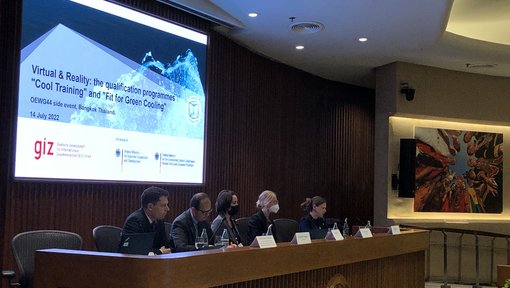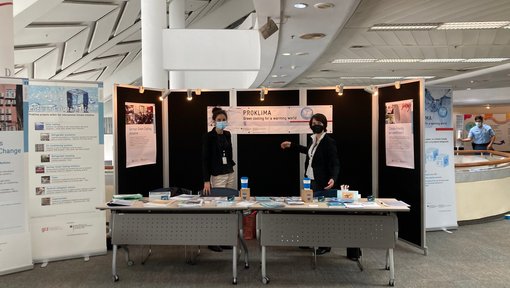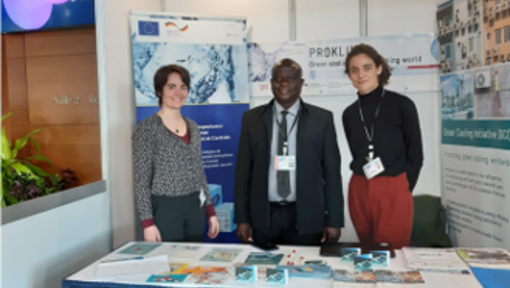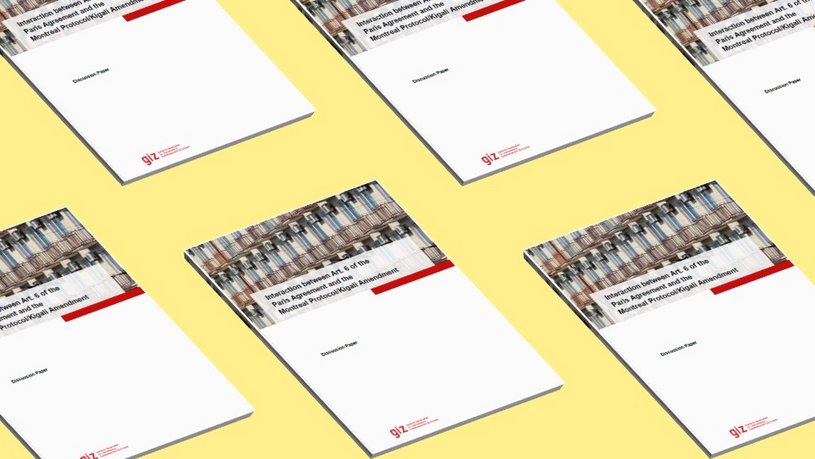This paper explains why the Kigali Amendment phase-down schedule for HFCs should serve as the NDC baseline with regard to HFC mitigation
The HFC phase- down, if successful, will contribute significantly to the Paris Agreement to the United Nations Framework Convention on Climate Change adopted in 2015 which aims to keep global temperature rise to less than 2°C through increasingly ambitious NDCs for GHG mitigation. The interaction and mutual impacts of the Kigali Amendment and the Paris Agreement remain unclear, as their respective rules are still under development. Their interplay should be managed in a way that triggers transformational change in the RAC sector, promoting the switch to low-GWP alternatives, ideally to natural refrigerants such as ammonia, hydrocarbons or CO2.

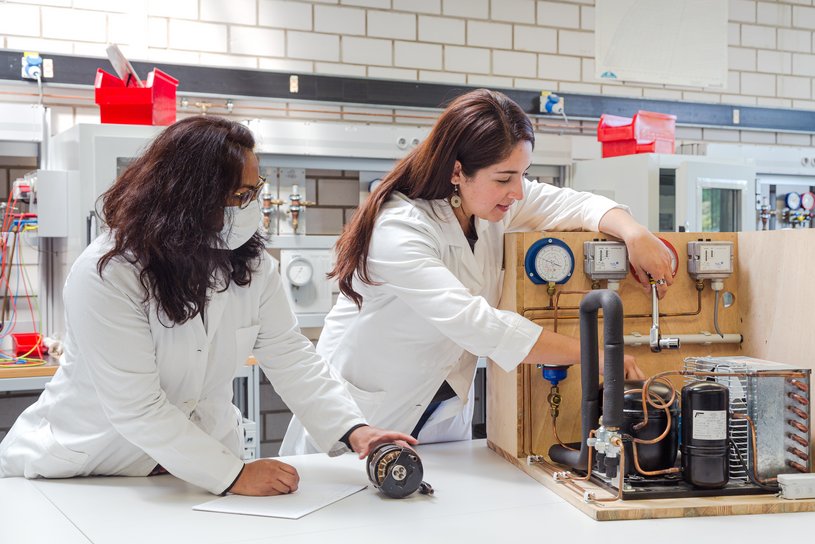 Image: giz / Andreas Döring
Image: giz / Andreas Döring